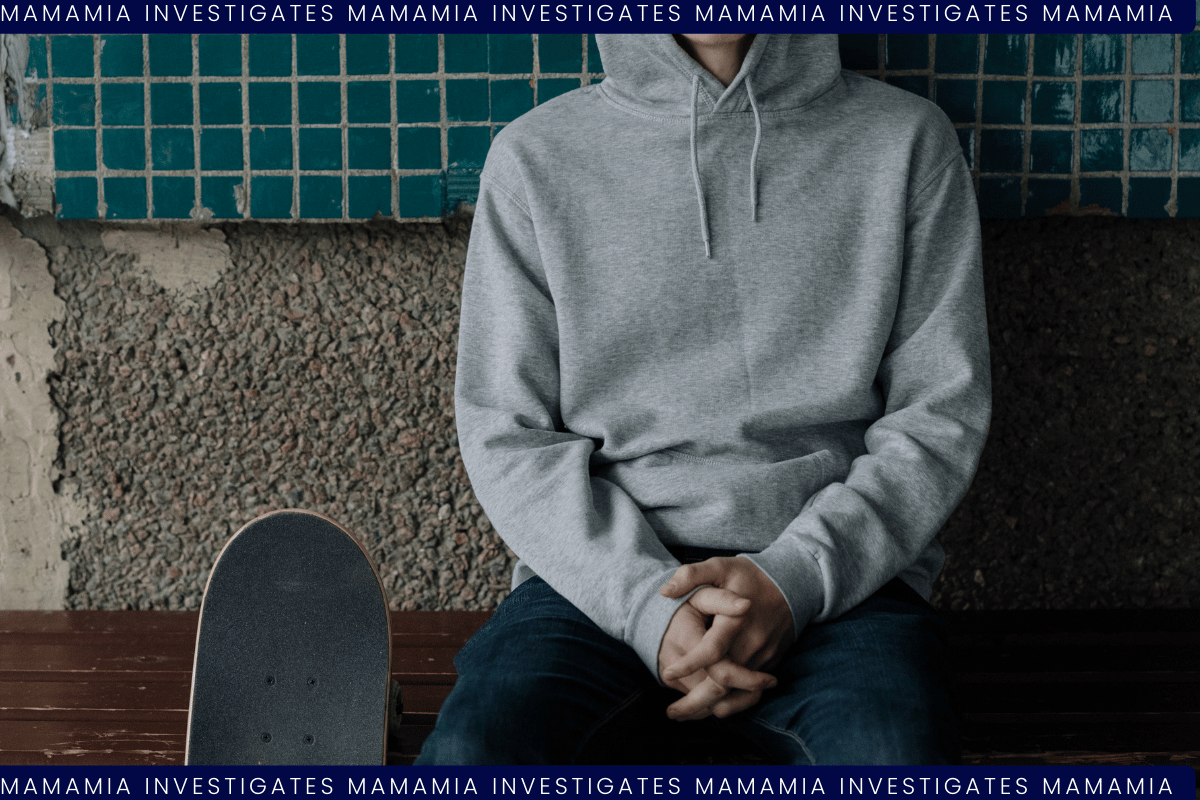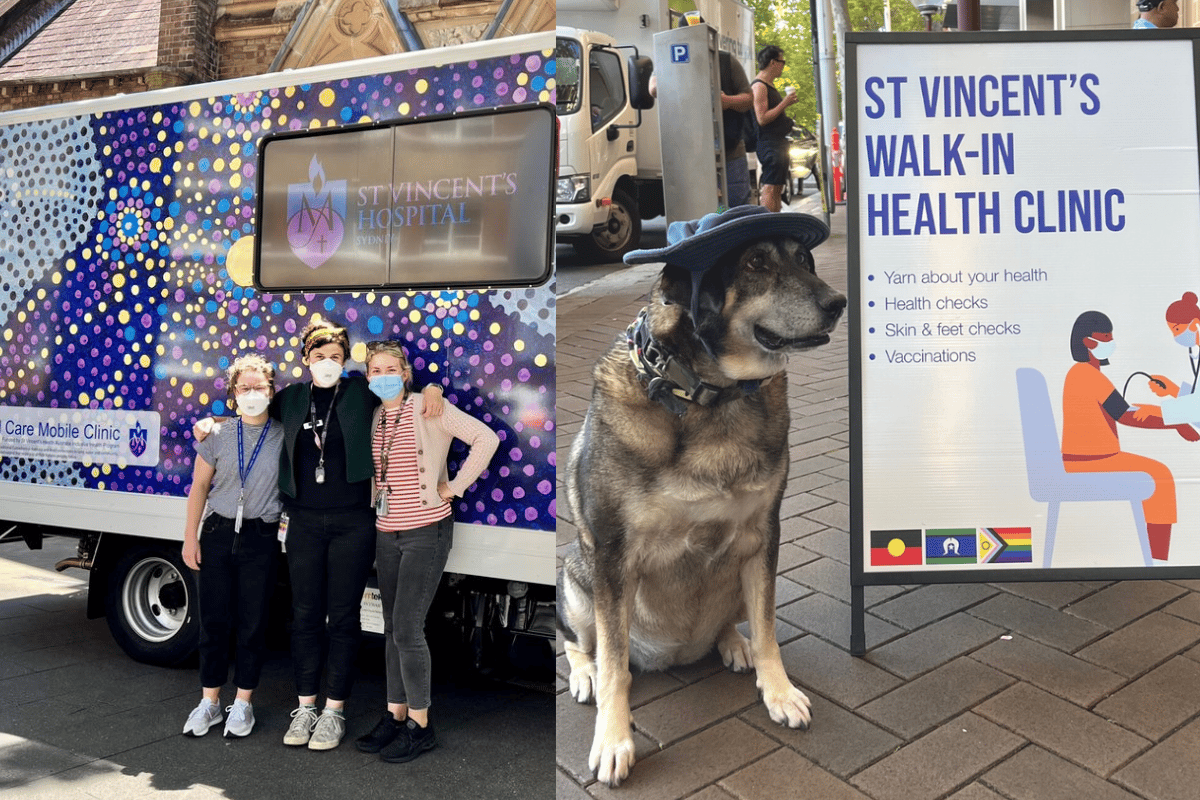
It's a dreary Friday morning in Sydney's CBD when we come across *Tanya.
She sits on the edge of one of the city's main streets, holding a sign that lists the topline details of her story. Of course, there's far more to it than just four sentences.
Tanya has breast cancer. She's in her 50s. She's experienced a family breakdown, a subsequent divorce, which has left her vulnerable. And a complex mental health issue is a factor for her, along with limited access to accommodation and low financial stability.
This morning, she's sitting on a bath towel cross-legged, reading a book, with a red bucket sitting in front of her to request money from passersby.
She is one of many Australians currently experiencing homelessness.
I'm with Erin Longbottom and Emma Barnett, two of the figures behind St Vincent's Hospital's Homeless Health Service, a community health service that aims to improve access to healthcare for people experiencing homelessness in Sydney.
Watch: Jai talks about his experience of being homeless on and off for twenty years on the streets of Sydney. Post continues below.
Emma, who is a registered nurse with the Homeless Outreach team, says that care given to people who are living on the streets can be a balancing act.

